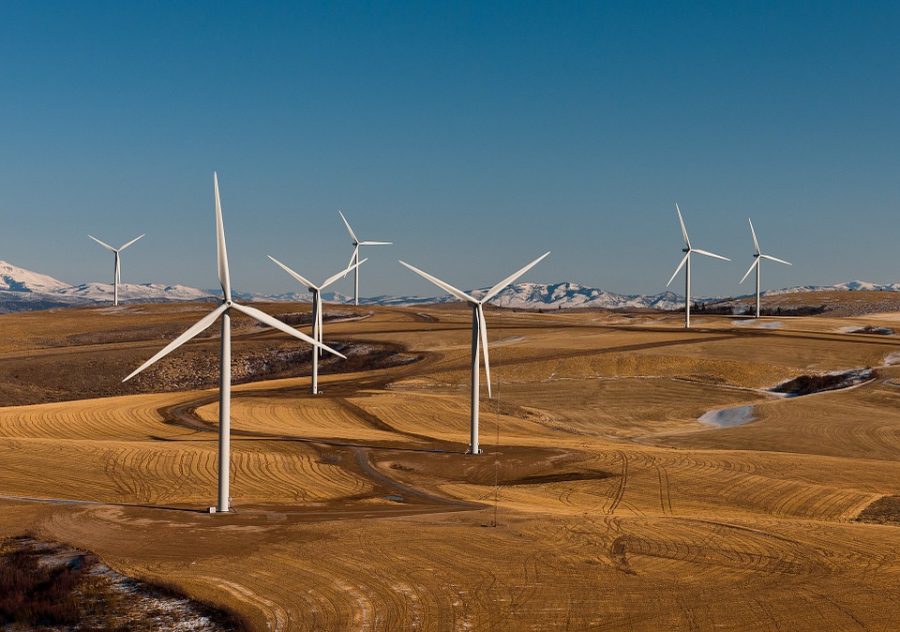Environment issues fuel climate talks
Our Climate, an Ellensburg based climate-change organization, aims to tackle climate issues through a community based approach. Courtesy of Pixabay.
November 2, 2017
On Nov. 5 in Ellensburg’s Public Library from 2:30 p.m. to 4 p.m., Our Environment has organized a climate change talk for the community of Ellensburg. This local group is bringing light to the issue of climate change to show that there is a problem in Kittitas county.
She wants people to be aware of the problem before the problem gets out of hand.
“Things are happening here whether you think it’s climate change or not,” said Sylvia Shriner, member and organizer of Our Environment.
The presentation will discuss what the community can do to reduce the climate change problem. Our Environment has asked Steven Ghan, climate scientist from the Tri-Cities, to lead the discussion. The topic of the presentation is based on the water, wind and fire issues in Eastern Washington.One of the biggest problems that Ellensburg will face is the distribution of water.
“The city has projected Ellensburg to grow a lot, so where do we get enough water?” Shriner asked. With more students and families residing in Ellensburg, there will be more usage in the city.
Along with people, it will affect the fish. almon, an important part of our ecosystem, are being threatened with the decrease of water.
Water has also been affecting the agriculture in Eastern Washington. “With climate change, it impacts the water. So, how can we strengthen farming while having enough water for fish” Shriner said.
The water is being divided up further with the production of water banks. “Right now, the county has made water banks, but then private parties have bought out water banks and made their own water banks,” Shriner said. With the water shrinking, there is no telling how this will affect the future.
Shriner urged locals to attend the event. His hope was that this would help minimize the possibility of the county inadvertently contributing to a problem it may not be fully educated on. “It’s going to take all of us to change things.”
Shriner also presented the issue regarding certain birds around the area. The birds are moving more north over time. The environment the birds are currently living in is not suitable for them.
Aside from this , Shriner pointed out the wildfire conditions on the east side. “With the fires that we are having, people are now realizing that something is going on with the air quality,” Shriner said.
She did mention that the use of solar energy has risen, which has helped with some of the climate change complications. Barto Residence Hall is using solar panels on the roofs, and so have other buildings, such as Science II, on campus.


